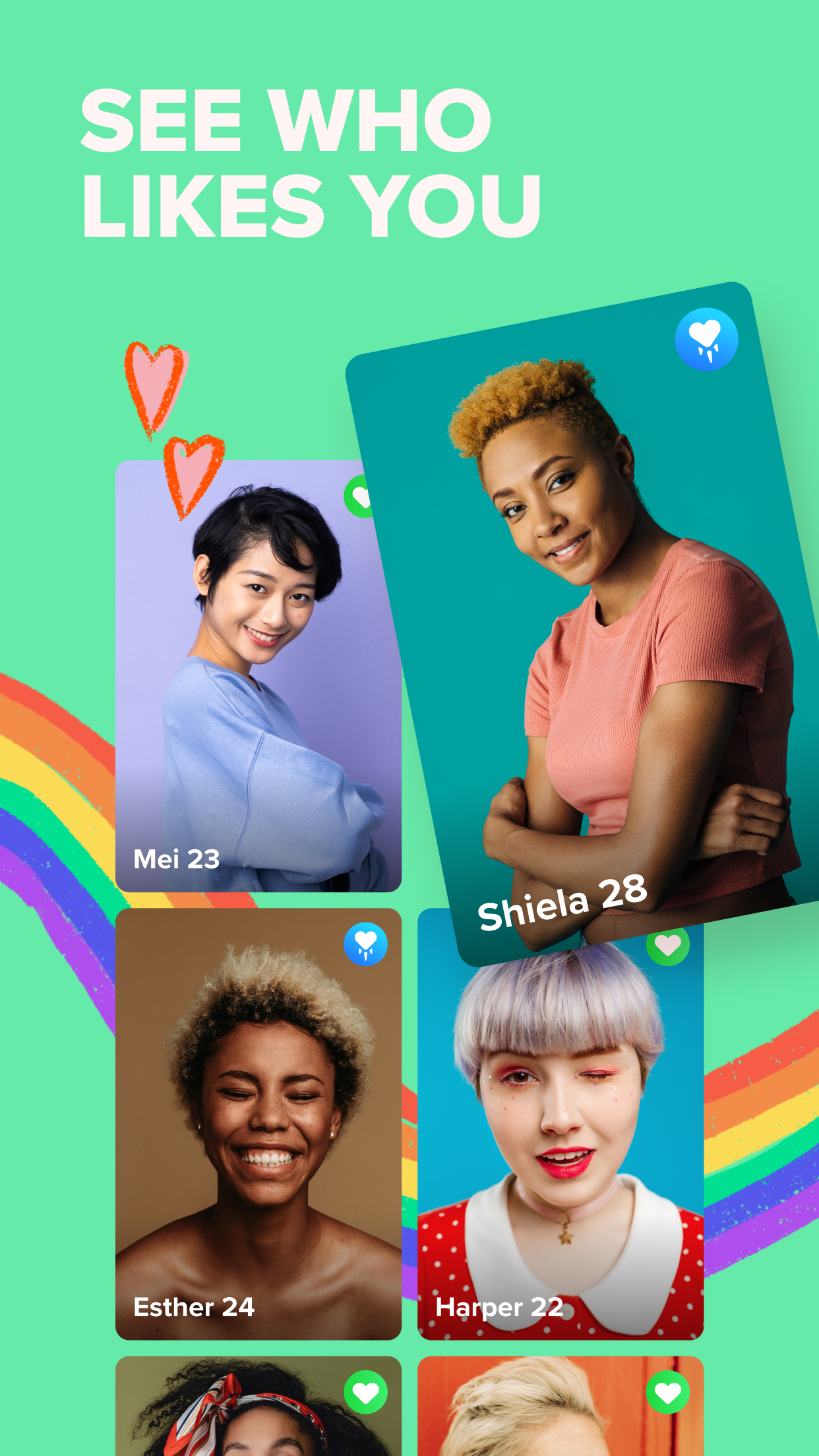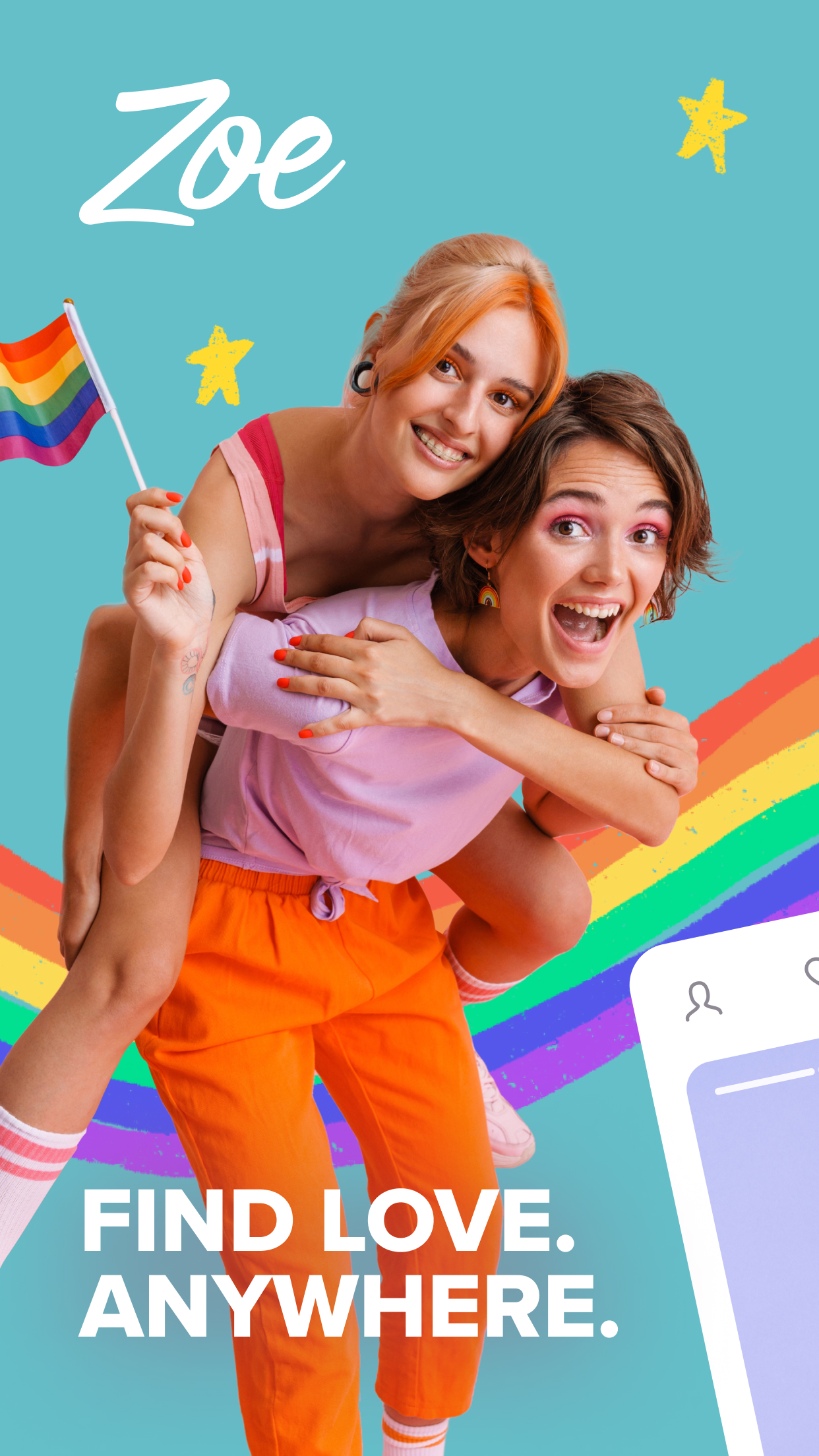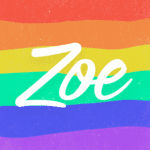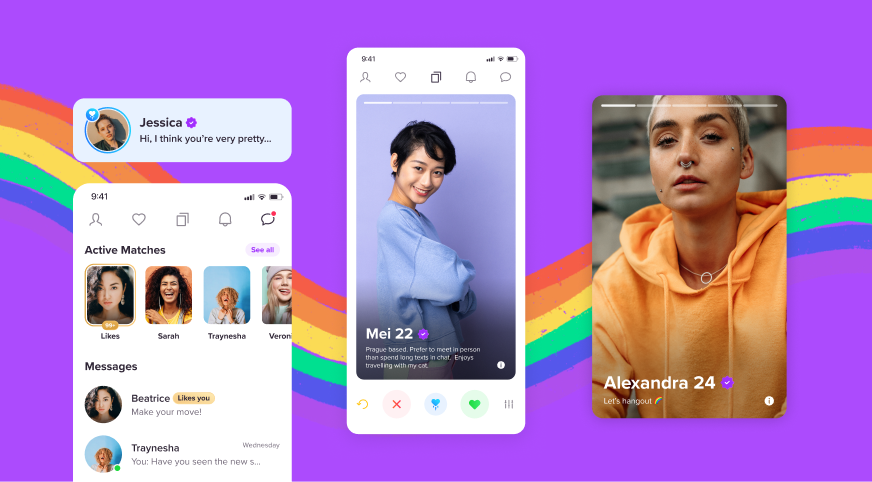This content was created by Xtra’s branded content team alongside Zoe, separate from Xtra’s editorial staff.
The vast majority of people looking to make meaningful connections via app-based dating platforms are able to find a mate who shares the same goals. Still, even decades into cyber courtship, studies show an average of 20% of users worldwide are victimized by fake profiles each year.
The numbers are believed to be even higher in the LGBTQ+ dating space where it can be hard to distinguish fakes from people who have legitimate concerns about their privacy. An incomplete profile – such as one lacking anything but a name and age – is considered a big red flag that the person on the other end of the keyboard may not be genuine.
But, with dozens of countries worldwide still enforcing laws that criminalize or otherwise dissuade same-sex relations and gender expression, it’s reasonable that people who live there worry about severe repercussions for “outing” themselves online. Being able to tell the difference between someone who’s trying to stay safe and someone who’s up to no good is an important first step.
That’s why Zoe, one of the most widely used lesbian, bisexual and queer dating apps on the market today, developed a mutual verification system.

Credit: Zoe
Like many other apps, Zoe has community guidelines that govern its more than 6 million users. The guidelines are carefully crafted to celebrate authenticity and diversity while maintaining an environment that’s kind, inclusive, safe and fun. Nude photos right out of the gate, for instance, are a no-no. Celebrity photos will be flagged by mods immediately. Sugar daddies need not even apply.
Mutual verification, however, takes things one step further than other apps. After two Zoe users have matched, the system allows either to request that the other confirm their profile. The process keeps it real by requiring that both people send a pic and that, in the pics, a specific hand gesture is included to ensure it’s not an Internet fake. The pictures then become a permanent part of the chat.
“We feel that the peer to peer verification is a great way to guarantee the safety of our users,” said Milan Kovacic, CEO of Zoe and its parent company Cosmic Latte. “ It is not just that tens of thousands of users use this feature each month. It also keeps the scammers at bay because they know that they can be pushed to verify at any moment.”
With the LGBTQ+ community still marginalized or considered taboo, Zoe provides a vital avenue for connection, self-discovery and empowerment. Providing a variety of ways for people to verify who they are is an important part of that.

Credit: Zoe
The company’s own data helps speak to the barriers many members of the community still face today.
Nearly 65% of Zoe’s Latin American – a part of the world that is generally accepting of LGBTQ+ lifestyles – users boast fully developed and verified profiles. That ratio shrinks to 18% of users in Asian countries, where queerness is more likely to be frowned upon or even illegal.
Zoe’s data shows that while being authentic is important for users in Asia, being discreet is even more important because people fear societal and professional judgment.
Nearly 50% of the app’s premium users prefer to use incognito mode in Asian countries, while this ratio goes down to 30% in European countries. Plus, Asian users tend to use premium features more actively to hide their distance, age and profile compared to other regions in the world.
“We believe that the verification features are particularly important in Asian countries, because it allows users to stay private and reveal their identity only to the users they want to chat with with mutually secure way,” Kovacic said.


 Why you can trust Xtra
Why you can trust Xtra